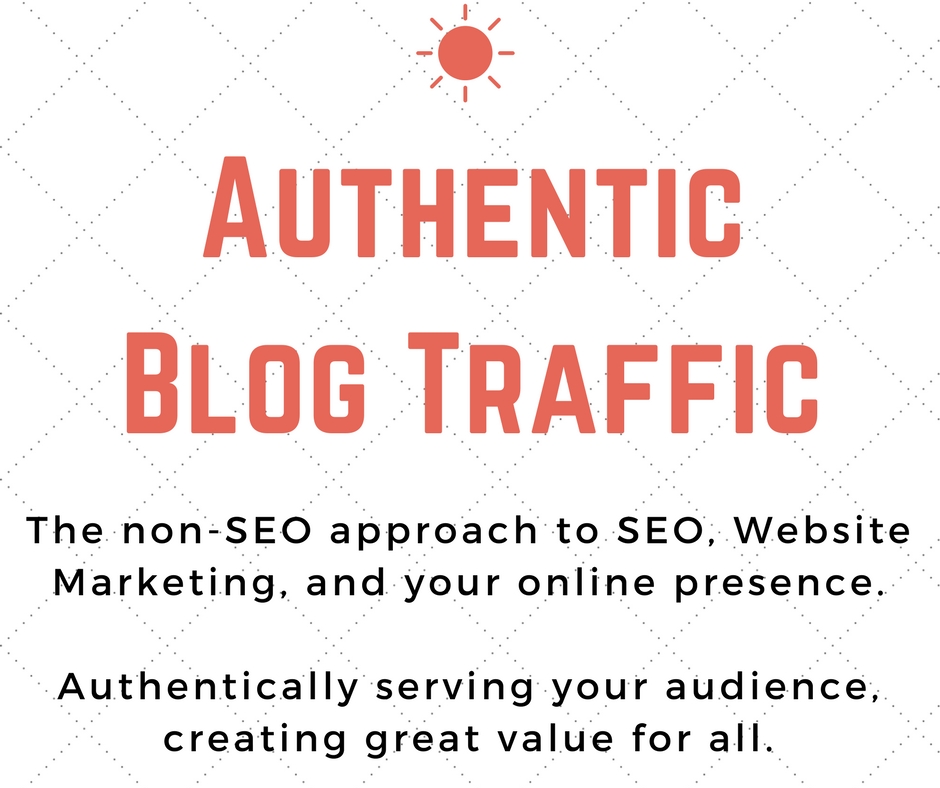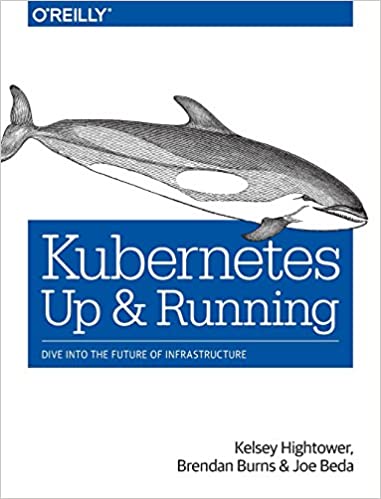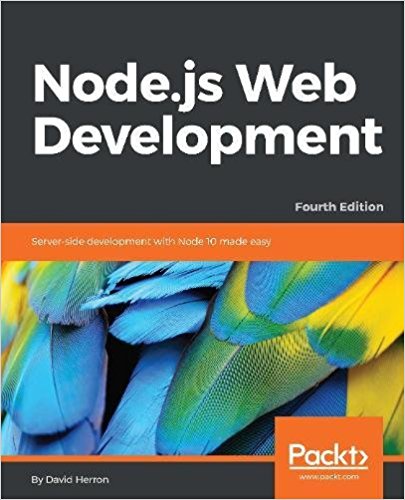; Date: Fri Aug 25 2017
Tags: Web Marketing »»»»
Most websites exist to inform the public about something-or-other. The website owner may have another goal in mind, like selling products, or advertising their dental practice, or covering the latest news on Afghanistan, or any of a zillion other topic areas. Regardless of the larger goal, every website exists to inform people about topics chosen by the website owner. Pretty much every website owner hopes to generate a large audience, one large enough to justify their effort on the website. Generally speaking the more traffic on a website the more opportunity to satisfy goals like selling things to the audience, earning revenue, and so on. In other words, one of the primary questions of all website owners, whether they just started or whether they've been publishing websites for 25 years, is how to get more traffic. The problem is most of the advice out there is overly packaged in pristine marketing-speak, and loses sight of another core purpose -- informing the public.

The primary key to building website traffic is ensuring your website is useful to the audience. If the readers of your website truly believe the content is valuable and useful, they'll fall all over themselves to share the website with their friends. You don't get honest organic sharing of your content through using marketing tricks. Instead it comes from offering honest organic value to the public.
I've been publishing websites since 1995 -- as of this writing, that's 22 years of independent solopreneur website publishing. I've had a certain amount of success. I have a couple websites that are leading resources in their chosen fields. I've tried many things over the years - buying expired domains - commenting on blogs to build backlinks - and more, to build visibility. The thing which worked the most weren't those tricks, but was to focus on delivering good quality content that served real needs.
What that means is -- Putting myself in the mind of the audience. Understand the questions they are asking. Focus on serving their needs first.
Many recommend "Know your audience" or that you study "demographics" and so on. What they want you to do is get yourself into the mind of the audience, through that study. While that kind of study might be useful, you end up building spreadsheets of keywords and demographic data and not spending the time to understand the questions your audience asks, and how your audience thinks.
Spend some time participating in social media groups related to your audience. For example, Facebook Groups or Google+ Communities are a great way to find and interact with people in the topic area of your interest. Join as many of those as possible, and become part of the community rather than an intruder pushing marketing material. Another avenue is Quora, becuase that site focuses on organically worded questions and organically written answers.
The goal is not to build spreadsheets full of keyword phrases. But to understand in your bones what people are concerned about.
One of my biggest successes is an online e-book,
Range Confidence: Charge Fast, Drive Far, with your Electric Car. While hanging out with my electric car friends I noticed over several months repeated questions about electric car charging best practices. It dawned on me with growing electric car sales that there will be a continual stream of electric car "newbies" needing education on electric car charging best practices. Having quite a bit of knowledge in the area, I organized the information I had in hand, wrote a bunch more. I focused on understanding the full range of questions being asked, and having excellent answers for those questions.
My primary goal isn't the traffic or earning revenue from the website. I'm certainly watching both trends and routinely thinking of how to build both. But the primary goal is serving the audience.
As a result, when I see a conversation in a social media discussion, I can pop in an answer that includes a reference to the appropriate page on my website. And because I've spent the time to be part of these groups, I'm not seen as a blogger who only drops by to share articles to get some clicks. I'm a trusted part of the group.
You'll notice that what I've just described contains some of the common recommendations:
- Sharing content on social media
- Answering questions being asked
- Know your audience
- Focus on long-tail keyword phrases
- Demographics studies
- etc
But - the focus is not those things, but instead serving the audience.
It's useful to find the exact questions being asked. Those questions are a piece of gold, because that's likely the phrases people type into search engines. Any good SEO expert tells you to ensure your content uses phrases people type into search engines. But in the their next breath they'll try to sell you on an expensive keyword tracking service. Do you need such a service? Or is your time better spent conversing with people and noticing the phrases they organically use?
Many other common recommendations seem overly artificial to me:
- Writing guest posts on other blogs
- Developing psychological tricks in your article titles
- Optimizing meta tag descriptions
- Conducting give-aways
- Writing a KILLER article
- Writing listicle posts (e.g. "The top 10 ways to entertain a cat")
- Making sure to cover every single last keyword you can think of
- Artificially posting your article to some popular social media site or another
There's some value to all those things, but should they be your primary focus? Aren't those tasks a distraction from providing value to your audience?
To take an example --- Tesla Motors has developed an Audience who are rabidly excited about the company, its goal, its story, and are eagerly anticipating every move the company makes. They did that by fanatically serving their audience with excellent products and service.











